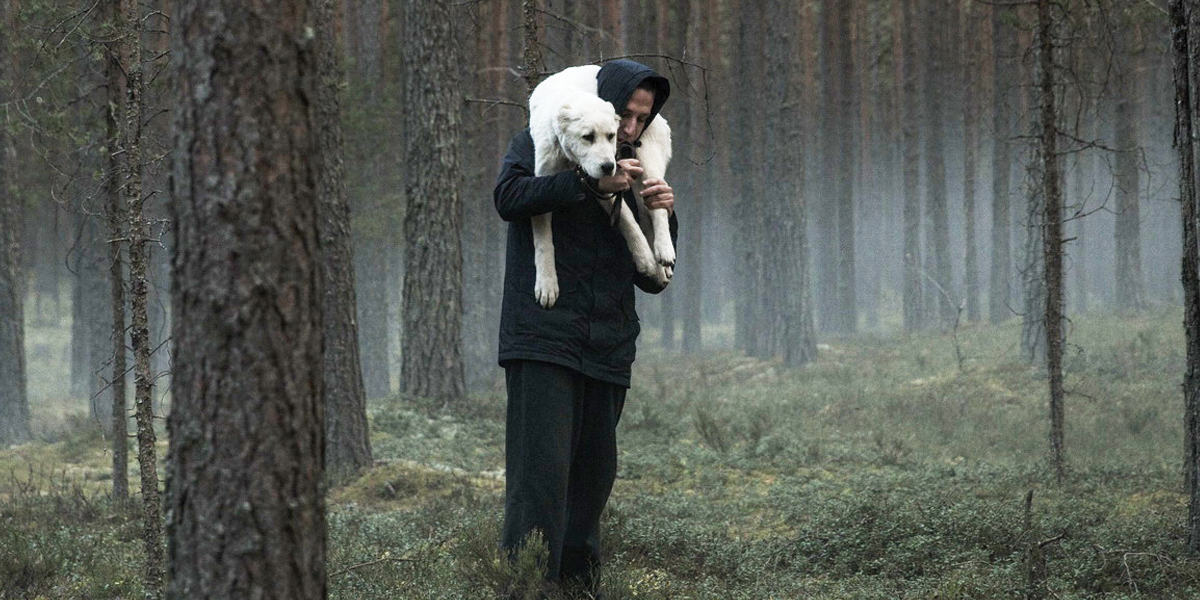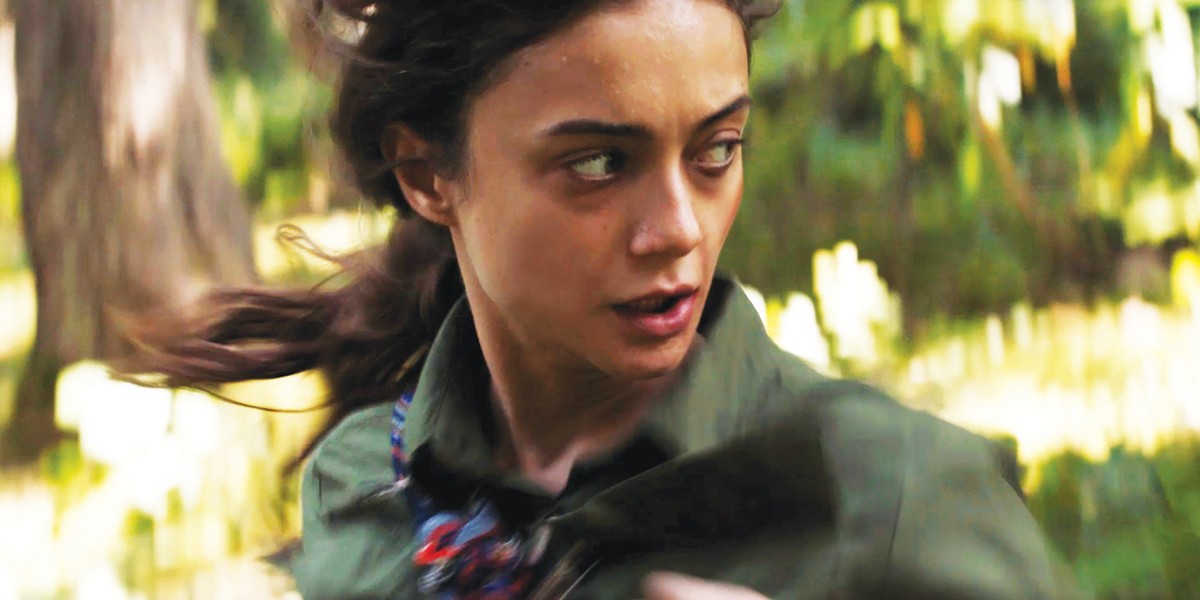Now Playing
Current DJ: Clarence Ewing: The Million Year Trip
Dean & Britta & Sonic Boom If We Make It Through December from A Peace of Us (Carpark) Add to Collection
Requests? 773-DJ-SONGS or .(JavaScript must be enabled to view this email address)
 This month CHIRP volunteer Kyle Sanders attended the 2018 Chicago International Film Festival and reported on what he discovered there...
This month CHIRP volunteer Kyle Sanders attended the 2018 Chicago International Film Festival and reported on what he discovered there...
Man vs. Nature/Nature vs. Nurture--humanity can't seem to shake these concepts. We try to rise above nature, yet find ourselves called back to it time and time again.
And why is that? Authors like Jack London or Stephen Crane would tell you that nature is indifferent to everything, including the human race; but then again, civilization can be just as cold and harsh. Two films presented at this year's Chicago International Film Festival showed us two characters who took a walk on the wild side to find themselves (due to festival restrictions, the following will be capsule reviews only):
Core of the World: On a rural farm in Russia, lives a veterinarian named Egor. He treats and cares for animals for a family-owned business which includes training dogs to hunt for foxes. While these domesticated animals are provided special care, an animal-rights group believes otherwise, and threatens the order in which the farm is run. As the farm slowly loses control, Egor's world begins to unravel, revealing hints of a troubled familial past. As long as Egor is able to maintain a balance, his work with the animals can continue.

Sibel: Becoming mute at a young age, Sibel lives in a secluded village in the Black Sea region of Turkey, where she cares for her father and younger sister. Unable to speak words, Sibel communicates through an ancestral whistling language common to the area. Seen as an outcast, Sibel tries to prove herself by hunting down and killing a mysterious wolf that has been terrorizing the nearby forest. Her quest is interrupted when she stumbles upon an injured fugitive, who relies on her to keep him hidden from the authorities.

Both of these characters live and exist in civilization (Egor lives on the family's estate while Sibel's father is the village mayor), and while their troubled past continues to haunt them, they still have normal interactions with humans. Yet it is the seclusion of the forest where they seem most comfortable and welcome, able to carry on with themselves without judgement or ridicule.
In the chaos of nature, they find order: Egor maintains his daily chores of feeding and tending to the animals while Sibel--with rifle in tow--remains self-reliant. It is in nature where these characters find their strength and confidence, not in society. Egor can think quickly and save an injured dog from euthanasia, but cannot forgive his mother's alcoholism. Sibel knows the ins and outs of the neighboring forest, but isn't comfortable with the patriarchal traditions of her fellow villagers.
Running away from their torment, they set out to prove themselves in the wilds of nature, either to find peace or redemption. Each film ends with their protagonist at a point of uncertainty, where neither peace or redemption has been completely accomplished. Perhaps their personal struggles will sojourn on, or perhaps nature has proven itself indifferent to the answers they wish to find.
Next entry: @CHIRPRadio (Week of October 22)
Previous entry: The Truth Hurts: Reviews of “[Censored],” “Father the Flame” & “United Skates”